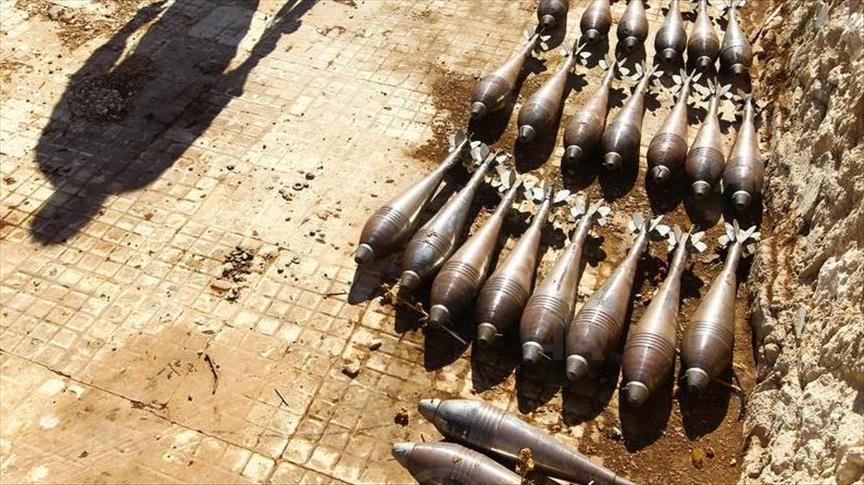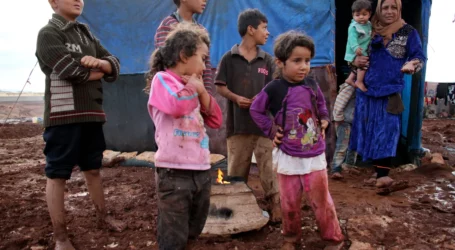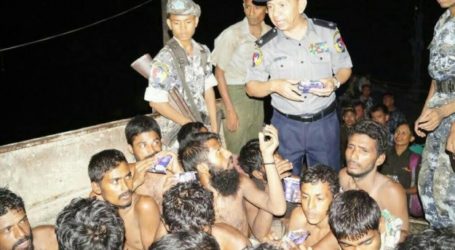EIGHT ARMED GROUPS SIGN CEASE-FIRE WITH MYANMAR GOV’T


Yangon, 3 Muharram/16 October 2015 (MINA) – Myanmar’s President Thein Sein signed a ceasefire agreement with eight smaller rebel militias Thursday, but larger groups still refused to join, leading critics to brand his attempts to secure a nationwide pact a failure.
The accord was an attempt to bring an end to conflict with over a dozen ethnic groups who have been fighting for greater autonomy from central authorities for decades, Anadolu Agency quoted by Mi’raj Islamic News Agency (MINA) as reporting.
Sein — a reformist former general installed by the junta in 2011 — has repeatedly promised a nationwide ceasefire agreement before a general election on Nov. 8.
Neither the 10,000-strong Kachin Independence Army nor heavily armed Wa rebels in eastern Shan state joined the accord. Many refused to sign because the government had denied their allies a place at the negotiating table.
Their absence means that the so-called Nationwide Ceasefire Agreement is not nationwide.
Nor, technically, is it a ceasefire, because the groups who signed Thursday already had bilateral truces with the government.
Sein said at the signing ceremony in Nay Pyi Taw that the government would continue its efforts to “bring the remaining organizations into the process”.
The Global New Light of Myanmar, a state-backed newspaper, hit newsstands Thursday morning with the headline “Peace Starts Now” on its front page.
But others have branded the signing a sham.
David Mathieson, a researcher in Myanmar at Human Rights Watch, told Anadolu Agency that “anyone who presumes a peace accord with an unrepentant, abusive Burmese military is grounds for optimism is living in considerable delusion.”
He added, “A partial signing of an incredibly weak political framework while conflict continues in northern Burma with several other insurgent groups, and ahead of elections which will not include areas where fighting is more widespread than the last election in 2010, has all the credibility of a Mad Hatter’s tea party.”
John Kirby of the United States State Department struck a more measured tone. “We recognize that some groups were not able to sign today, and we understand and respect their concerns,” he said in a statement.
“We welcome their commitment to continue discussions within their communities and with the government about the necessary conditions for signing at a future date.”
The groups that did sign will now be removed from a list of “terrorist groups”, enabling them greater freedom of movement.
According to estimates, the groups that signed represent 16,000 fighters, while there are 48,000 under the command of groups that refused to sign. (T/P010/R04)
Mi’raj Islamic News Agency (MINA)






